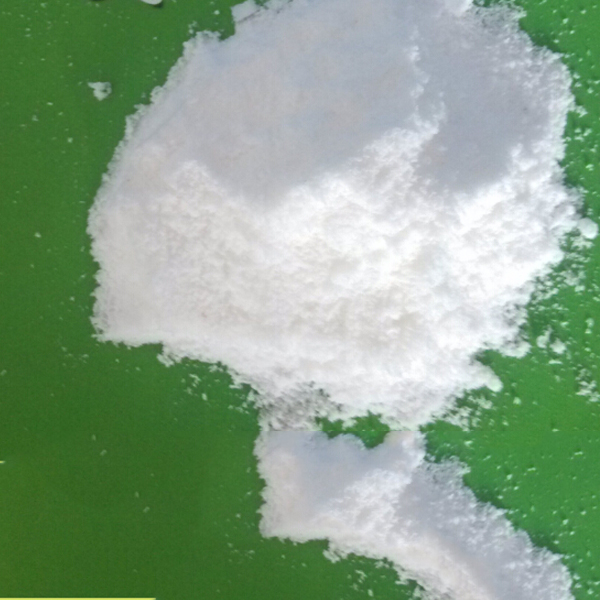
News
Okt . 16, 2024 20:31 Back to list
humic acid soil amendment
The Role of Humic Acid as a Soil Amendment
Humic acid, a complex mixture of organic compounds formed during the decomposition of plant and animal matter, plays a vital role in enhancing soil health and fertility. Its application as a soil amendment has gained significant attention among farmers, gardeners, and agricultural scientists due to its numerous beneficial properties. In this article, we will explore the composition, benefits, and application of humic acid in soil management.
Composition of Humic Acid
Humic acid is a component of humic substances, which are soluble in alkaline solutions but precipitate out of acidic solutions. This natural organic matter contains a variety of functional groups, including carboxyls, phenolic hydroxyls, and ketones, which contribute to its reactive properties. These compounds aid in chelation, helping to bind essential nutrients and minerals in the soil. The molecular structure of humic acid allows it to interact with both inorganic and organic substances, making it a vital component in maintaining soil health.
Benefits of Humic Acid in Soil
1. Nutrient Retention One of the primary reasons humic acid is used as a soil amendment is its ability to enhance nutrient retention. The negative charges on the surface of humic molecules allow them to attract and hold onto positively charged ions (cations) such as calcium, magnesium, potassium, and ammonium. This phenomenon, known as cation exchange capacity (CEC), significantly reduces nutrient leaching and ensures that plants have access to essential nutrients.
2. Soil Structure Improvement Humic acid improves soil structure by promoting the aggregation of soil particles. These aggregates create larger pore spaces, improving aeration and water infiltration while preventing compaction. This structure aids root development and enhances the soil’s ability to retain moisture, which is especially important in drought-prone areas.
3. Microbial Activity The addition of humic acid stimulates microbial activity in the soil. Microorganisms play a crucial role in breaking down organic matter and releasing nutrients for plant uptake. By creating a conducive environment for beneficial bacteria and fungi, humic acid enhances soil biodiversity and increases the overall productivity of agricultural systems.
humic acid soil amendment

4. pH Buffering Humic acid helps buffer soil pH, making it easier for plants to absorb nutrients. In acidic soils, humic acid can reduce toxicity from aluminum and other harmful ions, while in alkaline soils, it can help increase the solubility of essential nutrients. This balancing act is vital for optimizing plant growth and yield.
5. Contaminant Mitigation Humic acid has been shown to have a binding capacity for various contaminants, including heavy metals and pesticides. This property can help reduce the bioavailability of toxic substances in the soil, thereby protecting plant health and minimizing the risk of these contaminants entering the food chain.
Application of Humic Acid
Humic acid can be applied to the soil in various ways, including liquid solutions, granules, and powders. The timing of application is also crucial—applying humic acid before planting, during the growing season, or even after harvest can all provide distinct benefits. The optimal application rates can vary depending on soil type and crop requirements; therefore, it is essential to conduct soil tests to determine specific needs.
In addition, humic acid can be integrated into different agricultural practices. For instance, it is often combined with fertilizers to enhance their efficiency, allowing for reduced fertilizer rates while maintaining crop yields. This practice not only saves costs for farmers but also decreases the environmental impact of excessive fertilizer use.
Conclusion
The utilization of humic acid as a soil amendment represents a sustainable approach to improving soil health and enhancing agricultural productivity. With its ability to retain nutrients, improve soil structure, and stimulate microbial activity, humic acid proves to be an invaluable resource for gardeners and farmers alike. As the importance of sustainable agriculture continues to rise, exploring natural amendments like humic acid will be crucial for the future of food production and environmental conservation. Therefore, investing in humic acid applications could be a wise decision for those looking to improve soil quality and overall crop performance.
-
OEM Chelating Agent Preservative Supplier & Manufacturer High-Quality Customized Solutions
NewsJul.08,2025
-
OEM Potassium Chelating Agent Manufacturer - Custom Potassium Oxalate & Citrate Solutions
NewsJul.08,2025
-
OEM Pentasodium DTPA Chelating Agent Supplier & Manufacturer High Purity & Cost-Effective Solutions
NewsJul.08,2025
-
High-Efficiency Chelated Trace Elements Fertilizer Bulk Supplier & Manufacturer Quotes
NewsJul.07,2025
-
High Quality K Formation for a Chelating Agent – Reliable Manufacturer & Supplier
NewsJul.07,2025
-
Best Chelated Iron Supplement for Plants Reliable Chelated Iron Fertilizer Supplier & Price
NewsJul.06,2025
